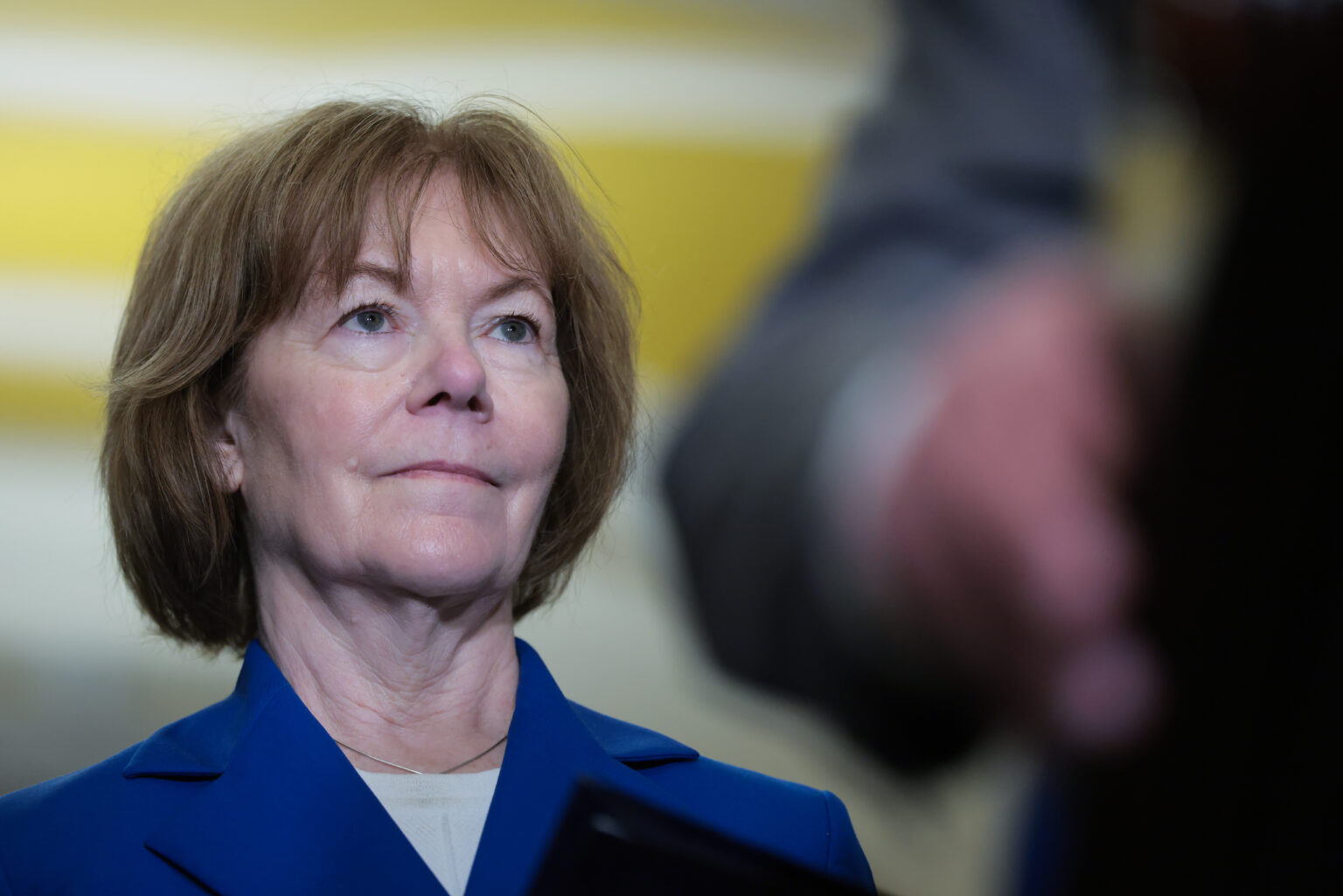Tensions Rise in the Wake of Political Violence: Senators Confront the Aftermath of a Tragic Shooting
A Moment of Unexpected Unity Amidst Political Divisions
Less than three days after a devastating attack claimed the life of Minnesota State Representative Melissa Hortman, Senator Tina Smith of Minnesota found herself in the Senate chamber, awaiting a colleague’s arrival. The tragic incident, which shocked the nation, involved the killing of Hortman and her husband, Mark, by a suspect linked to broader threats against lawmakers.
Social Media Sparks Controversy Over Political Rhetoric
In the days following the tragedy, social media became a battleground for blame and blame-shifting. Senator Mike Lee (R-Utah) posted a comment suggesting that the violence was a consequence of left-wing political extremism. “This is what happens,” Lee wrote, “when Marxists don’t get their way.” Such remarks drew widespread criticism, with many viewing them as inflammatory and inappropriate in the context of a national tragedy.
A Personal Confrontation in a Time of Heightened Tensions
In a poignant response, Senator Smith sought out Lee on Monday evening, as senators returned to Washington after the shootings. She approached him in a hallway, expressing her desire for a direct conversation. “People like you and me don’t usually talk face-to-face,” she explained, “but this situation demands it.” Their brief exchange served as a rare moment of bipartisanship amid escalating political hostility, highlighting the shared concern for lawmakers’ safety.
The Growing Threat Landscape for Public Officials
The incident underscored a troubling trend: threats against elected officials are increasingly common. Last year alone, the U.S. Capitol Police investigated nearly 9,500 concerning statements and direct threats targeting members of Congress, their families, and staff-an increase from approximately 8,000 the previous year. Senator Smith emphasized that threats and violence have become an unsettling part of political life, with many officials waking up to find their names on kill lists or targets of intimidation.
Security Measures and Calls for Enhanced Protections
In response to the violence, the Senate Sergeant at Arms is scheduled to hold a security briefing to review protective protocols. Senate Majority Leader John Thune (R-South Dakota) remarked that such incidents heighten awareness and prompt efforts to bolster security for lawmakers. Senator Amy Klobuchar (D-Minnesota) has advocated for legislative measures to improve safety, including reintroducing proposals to remove personal addresses from online databases-a step she believes is crucial given the current climate.
Political Leaders Condemn Violence and Rhetoric
The widespread condemnation of the shootings was swift. Democratic and Republican senators alike expressed outrage and sorrow. Senate Minority Leader Charles E. Schumer (D-New York) called Lee’s social media posts “beyond dangerous,” warning that inflammatory rhetoric can incite further violence. Senator Dick Durbin (D-Illinois) echoed this sentiment, emphasizing the importance of bipartisan efforts to denounce such language and prevent future tragedies.
Reactions and Acts of Compassion
Amidst the tense atmosphere, some senators offered personal condolences to Senator Smith. Senator Marsha Blackburn (R-Tennessee) approached her with a comforting gesture, while Senator Maggie Hassan (D-New Hampshire) asked if she could offer a hug. Smith gratefully accepted, exemplifying moments of empathy that transcend partisan divides during times of crisis.
Looking Ahead: Strengthening Security and Unity
As the nation grapples with the implications of political violence, lawmakers are increasingly aware of the need for comprehensive security reforms. The tragic loss of Hortman and her husband serves as a stark reminder of the risks faced by public officials and the importance of fostering a political environment rooted in respect and civility. Moving forward, bipartisan efforts to enhance safety measures and curb inflammatory rhetoric are essential to safeguarding democracy and its representatives.
Contributing: Matthew Choi and Paul Kane

